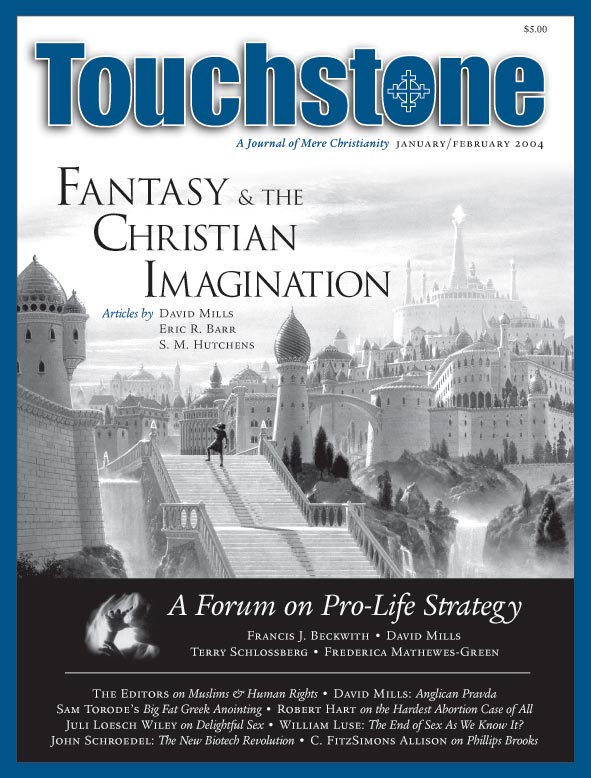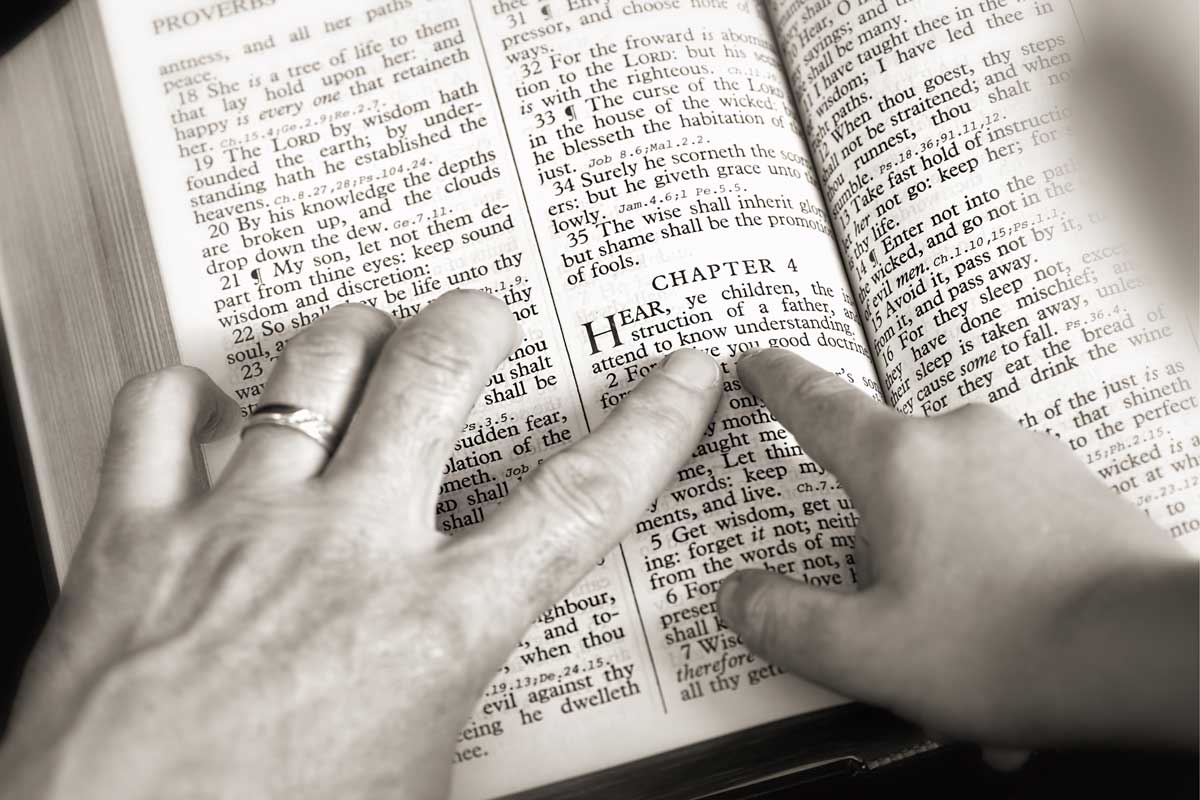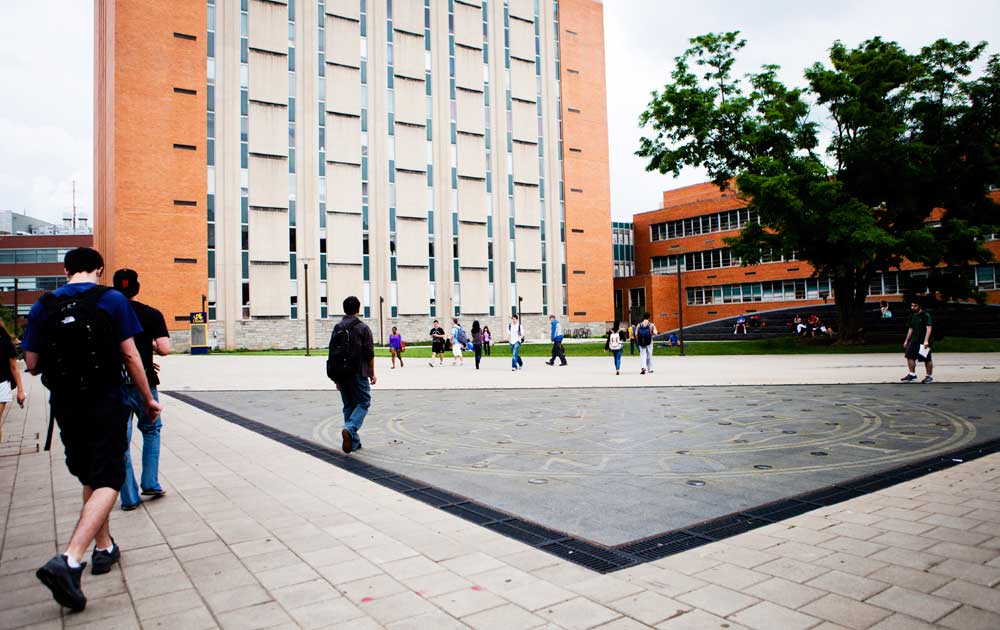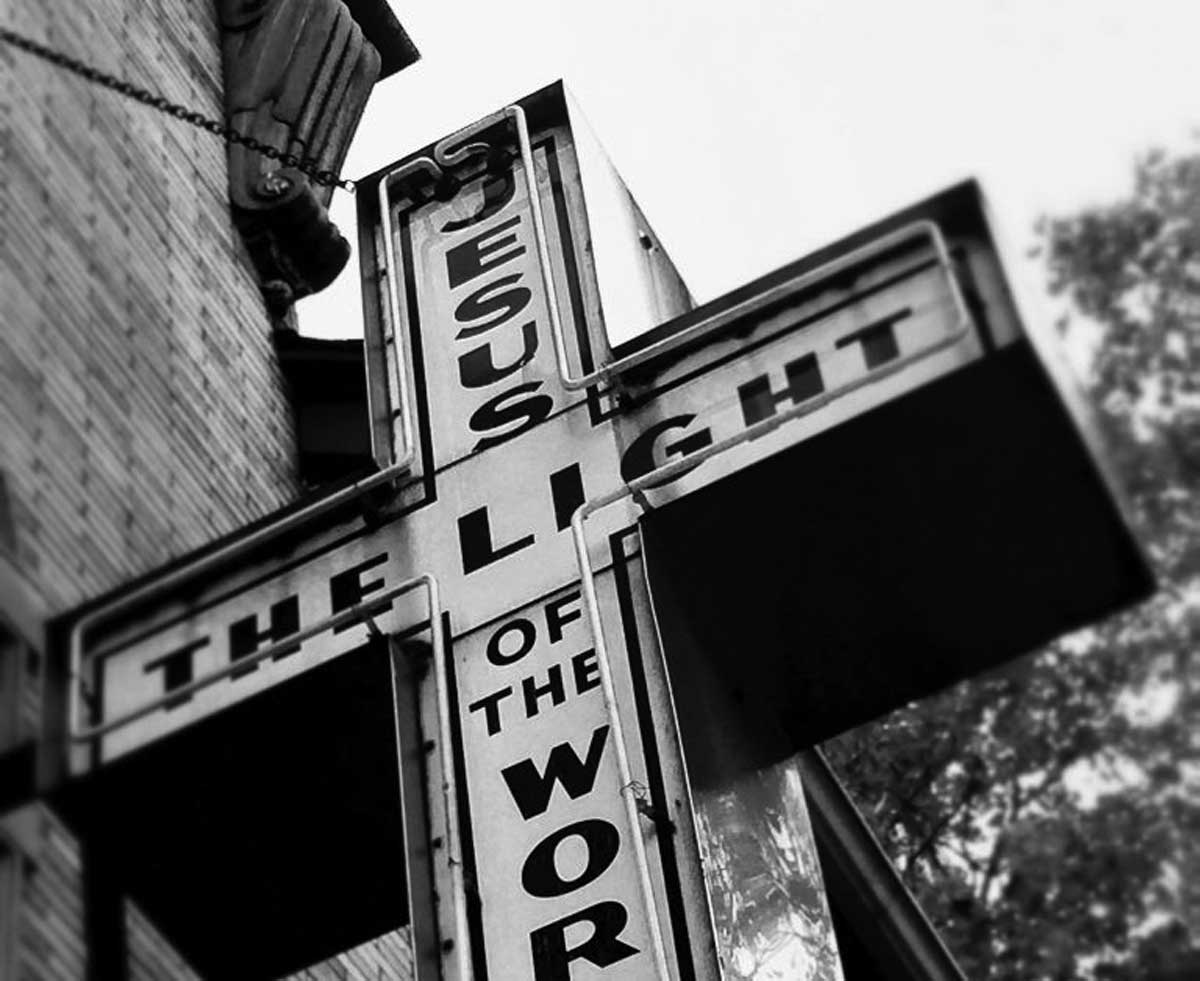Muslims & Human Rights
In the memories of most of us, Islam was no big player on the geopolitical field. Our mental horizon after World War II was dominated, rather, by the threat of Communism, and if we gave even a thought to international Islam back in those days, it was certainly not in terms of grandeur. Even less in terms of danger.
Obviously, everything is changed now. At present we are distinctly aware of the large presence of Islam on the world scene, and we think of that presence very much in terms of danger. This is the case because over the past decade and a half certain unusually bad persons have instructed us on the point, attacking American embassies, troop barracks, both military and commercial ships, and, more recently, even sites here in the homeland.
Consequently, during the nation’s present executive administration, we Americans have done a thing hardly any of us could have imagined even twenty years ago: sent forth armies to wage war, and to change the governments, in two Muslim countries.
Now if we may say so, this kind of thing really does require some getting used to. Whereas our wars against Nazism, Fascism, and Communism had seemed confidently modern, going to battle against the armies of the Prophet strikes us as downright medieval. Muslims? Goodness, aren’t they the ones who live in tents out in the desert and ride on camels? Why beat up on people still living, not only in the Middle East, but in the Middle Ages?
Until recently, in fact, when the fall of the Soviet Union and the changing political faces of Asia and Latin America obliged us to mind our words more carefully, we were accustomed to lump most Muslim countries into the “Third World,” a category suggesting both poverty and powerlessness. For many of us, the word Muslim was nearly a synonym for “simply out of date.”
Nor was our impression of the matter altogether erroneous. The world of Islam is very much out of date, in the sense that only a few Muslim countries enjoy the greater benefits of modern life, such as self-government, liberal institutions, and a coherent, free-market economy.
Muslim Facts
It is a fact that many of the world’s Muslims today live under theocracies, tyrannical dynasties, and military dictatorships, and in spite of all the jokes and other talk about “Arab money,” there is widespread poverty in that part of the globe. Bernard Lewis (What Went Wrong?) cites a World Bank estimate that “the total exports of the Arab world other than fossil fuels amount to less than those of Finland.” With few exceptions (Malaysia, happily), Islamic countries have not benefited much from that “worldwide liberal revolution” documented in Francis Fukuyama’s The End of History and the Last Man.
That is to say, Muslims would appear to be just the sort of people that generous Americans would be more disposed to help, much as we have helped other impoverished and oppressed nations over the years. For that reason, going to war with Muslims would seem very strange indeed.
With respect to the invasions of Afghanistan and Iraq, spokesmen for our government have announced, again and again, that America is not at war with Islam, but with evil men who bolster their evil designs by appealing to the Muslim religion. Although we believe these official protestations to be both sincere and correct, it is useful to remember that our enemies see things very differently. As indicated by their constant appeals to jihad with respect to the United States, it is obvious that some Muslims do see the matter in religious terms.
In fact, this phenomenon of jihad is a clear symptom of Islam’s current plight, because hardly anything seems so outdated as a religious war. Whereas here in the West we were instructed, centuries ago, to render unto Caesar the things that are Caesar’s and to God the things that are God’s, classical Islamic theory recognizes no such distinction. Islam’s Sharia, or Holy Law, is the basis of all law, and therefore of all political life.
Patrick Henry Reardon is pastor emeritus of All Saints Antiochian Orthodox Church in Chicago, Illinois, and the author of numerous books, including, most recently, Out of Step with God: Orthodox Christian Reflections on the Book of Numbers (Ancient Faith Publishing, 2019).
subscription options
Order
Print/Online Subscription

Get six issues (one year) of Touchstone PLUS full online access including pdf downloads for only $39.95. That's only $3.34 per month!
Order
Online Only
Subscription

Get a one-year full-access subscription to the Touchstone online archives for only $19.95. That's only $1.66 per month!
bulk subscriptions
Order Touchstone subscriptions in bulk and save $10 per sub! Each subscription includes 6 issues of Touchstone plus full online access to touchstonemag.com—including archives, videos, and pdf downloads of recent issues for only $29.95 each! Great for churches or study groups.
Transactions will be processed on a secure server.
more from the online archives
calling all readers
Please Donate
"There are magazines worth reading but few worth saving . . . Touchstone is just such a magazine."
—Alice von Hildebrand
"Here we do not concede one square millimeter of territory to falsehood, folly, contemporary sentimentality, or fashion. We speak the truth, and let God be our judge. . . . Touchstone is the one committedly Christian conservative journal."
—Anthony Esolen, Touchstone senior editor









